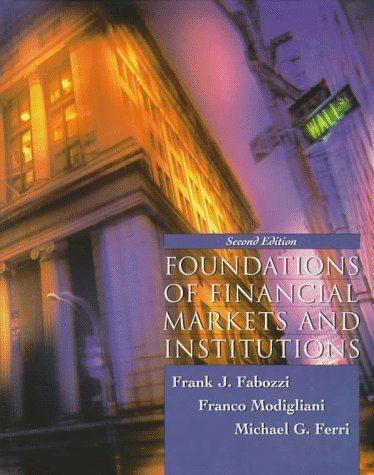
4. Convertible bonds, warrants, and other exotic bond features As the name suggests, convertible bonds allow the owner the option to convert the bonds into a fixed number of shares of common stock. Jorge bought APJ Inc.'s convertible bond at par ($1,000) with a yield of 3.25%. This bond had a conversion ratio of 25:1 at the price of $40 per share. If APJ Inc.'s shares are currently trading at $48 per share, should Jorge convert his bond into shares? Which of the following best describes the difference between a convertible bond and warrant? Convertible bonds give the investor the option to buy shares at a certain price, whereas warrants give the investor the option to exchange bonds for shares at a certain price. O Convertible bonds give the investor the option to exchange bonds for shares at a certain price, whereas warrants give the investor the option to buy shares at a certain price. Consider the case of an investor, Nazim: Nazim wants to include putable bonds in his investment portfolio. Nazim is likely to put the bonds when: O He is in need of cash He expects to use the cash when the bond matures Nazim also recently bought bonds with a clause stating that interest will be paid based on the inflation rate. When the inflation rate increases, the interest on the bonds will also increase. Nazim has invested in 4. Convertible bonds, warrants, and other exotic bond features As the name suggests, convertible bonds allow the owner the option to convert the bonds into a fixed number of shares of common stock. Jorge bought APJ Inc.'s convertible bond at par ($1,000) with a yield of 3.25%. This bond had a conversion ratio of 25:1 at the price of $40 per share. If APJ Inc.'s shares are currently trading at $48 per share, should Jorge convert his bond into shares? Which of the following best describes the difference between a convertible bond and warrant? Convertible bonds give the investor the option to buy shares at a certain price, whereas warrants give the investor the option to exchange bonds for shares at a certain price. O Convertible bonds give the investor the option to exchange bonds for shares at a certain price, whereas warrants give the investor the option to buy shares at a certain price. Consider the case of an investor, Nazim: Nazim wants to include putable bonds in his investment portfolio. Nazim is likely to put the bonds when: O He is in need of cash He expects to use the cash when the bond matures Nazim also recently bought bonds with a clause stating that interest will be paid based on the inflation rate. When the inflation rate increases, the interest on the bonds will also increase. Nazim has invested in







